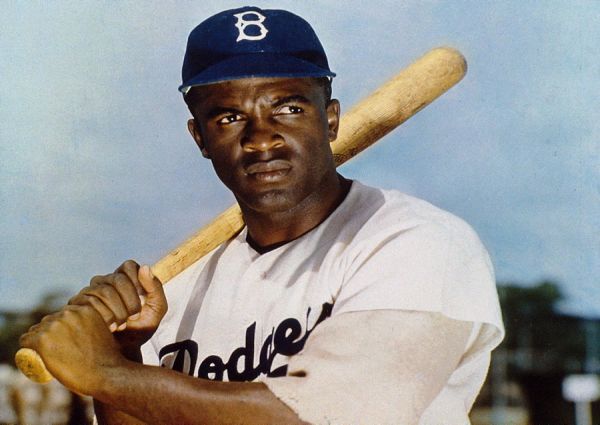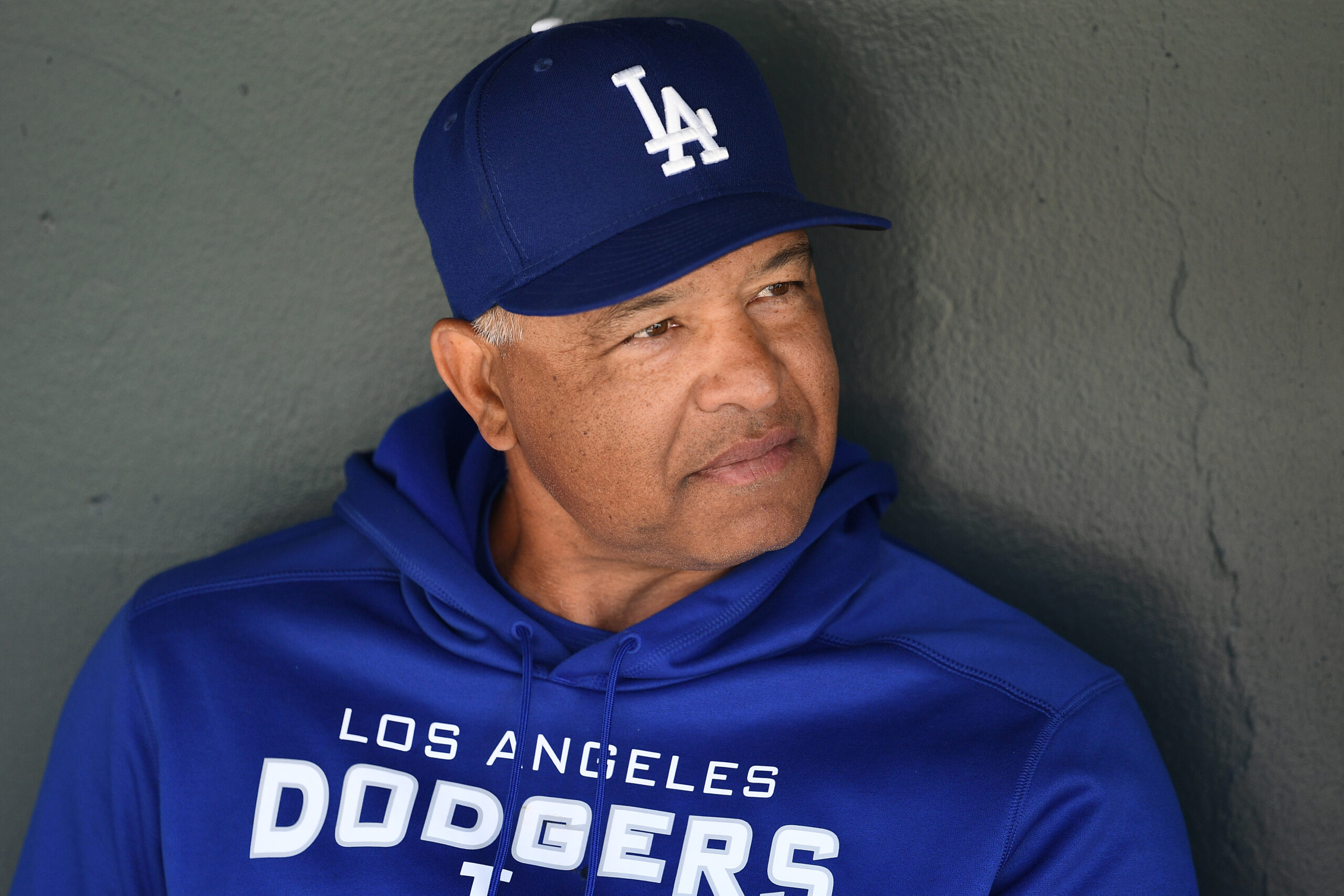Major League Baseball Commissioner Bud Selig will retire in early 2015.
Selig has served as official commissioner since 1998. In that time, so much has gone on with the National Pastime.
Some bad, but mostly good.
In fact, baseball has never been healthier when you talk about attendance (in 2012, the sport recorded its fifth-best attendance mark with 74.8 fans attending games, according to MLB.com) and revenue (increasing 50% in the last five years and expected to hit $9 billion in 2014, according to Maury Brown of the "Biz of Baseball").
And the bad mostly centers on the Steroid Era, in which players took performance-enhancing drugs. Some before MLB actually tested for PEDs and now, some after rules were in place banning its use.
For sure, many sports writers will try to figure out what's Selig's legacy. That's a debate that will, no doubt, be long-winded.
The greatest legacy Selig could have left behind would have been an African-American protégé.
Yes, a brother to take over as MLB's commissioner.
Granted, no replacement has been named. One of the few names floated out there is Tigers' president Dave Dombrowski.
It doesn't appear as if there's a black executive waiting in the wings to take the helm.
That's truly disappointing because baseball has been a trendsetter in professional sports in this country.
It changed these United States in 1947 when Jackie Robinson integrated the game.
It was more than just allowing Robinson to play ball with white teammates.
It made black people, mostly treated as second-class citizens to that point, feel a part of the country. For once, we counted, we mattered.
There was such a sense of pride in the event.
Baseball has embraced its legacy in civil rights, not run from it.
In fact, Selig, back in 2004, was the one to have Jackie Robinson Day on April 15th celebrated every year, commemorating that historic moment.
Selig, as well, retired the No. 42, Robinson's number, league wide. No one will ever wear it again. Yankees closer Mariano Rivera is the last active player to have it. It will vanish with Rivera's retirement after the season.
There's also a Civil Rights Game played every year. It started as an exhibition game in 2007, but in 2009 became a regular season game. In 2013, the Texas Rangers played the White Sox in Chicago.
The game is to "embrace baseball's history of African-American-players" and try to spark interest in the future from black people.
Hence, Selig is in tune with African-Americans and understands the role they hold in the game's history.
For those efforts, Selig should be recognized and commended. Too often, African-American's contributions to this country are either overlooked or downplayed.
That's why if anybody would have had some foresight and realized what a big moment it could have been, it would have been Selig.
Instead, it's looks like a golden opportunity got away from Selig, that baseball won't have the first African-American commissioner in any of the country's four major sports.
It wasn't as surprising that NBA commissioner David Stern didn't have the same idea when he announced his retirement earlier this year, despite black players making up more than 80% of the league.
The NBA hasn't always been forward in its thinking. Heck, the first black basketball player (Earl Lloyd) didn't come along until three years after Robinson broke baseball's color barrier.
Baseball has a lot of work ahead of it, including getting baseball players in uniforms.
In 1996, 17% of players on the field were black. At the start of this season, it was just 8%, a total unacceptable number when you consider the history blacks have in this game.
Baseball is an African-American game, just as much as the NBA and NFL.
Somehow, you get the feeling that MLB will keep working with its programs to get black kids on the track to play in the majors again.
For sure, they have put in the efforts and Selig has been a driving force.
Too bad Selig didn't seize the moment to make history, cement his legacy and closed it for debate.
It would have been hard for people to talk about PEDs and TV ratings if Selig ushered in another American first; the first black commissioner.



